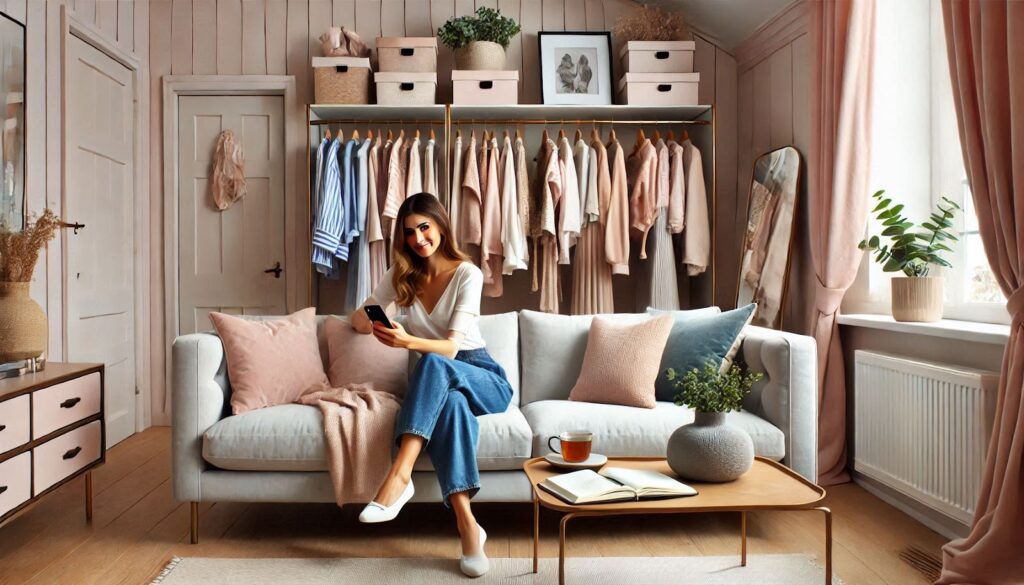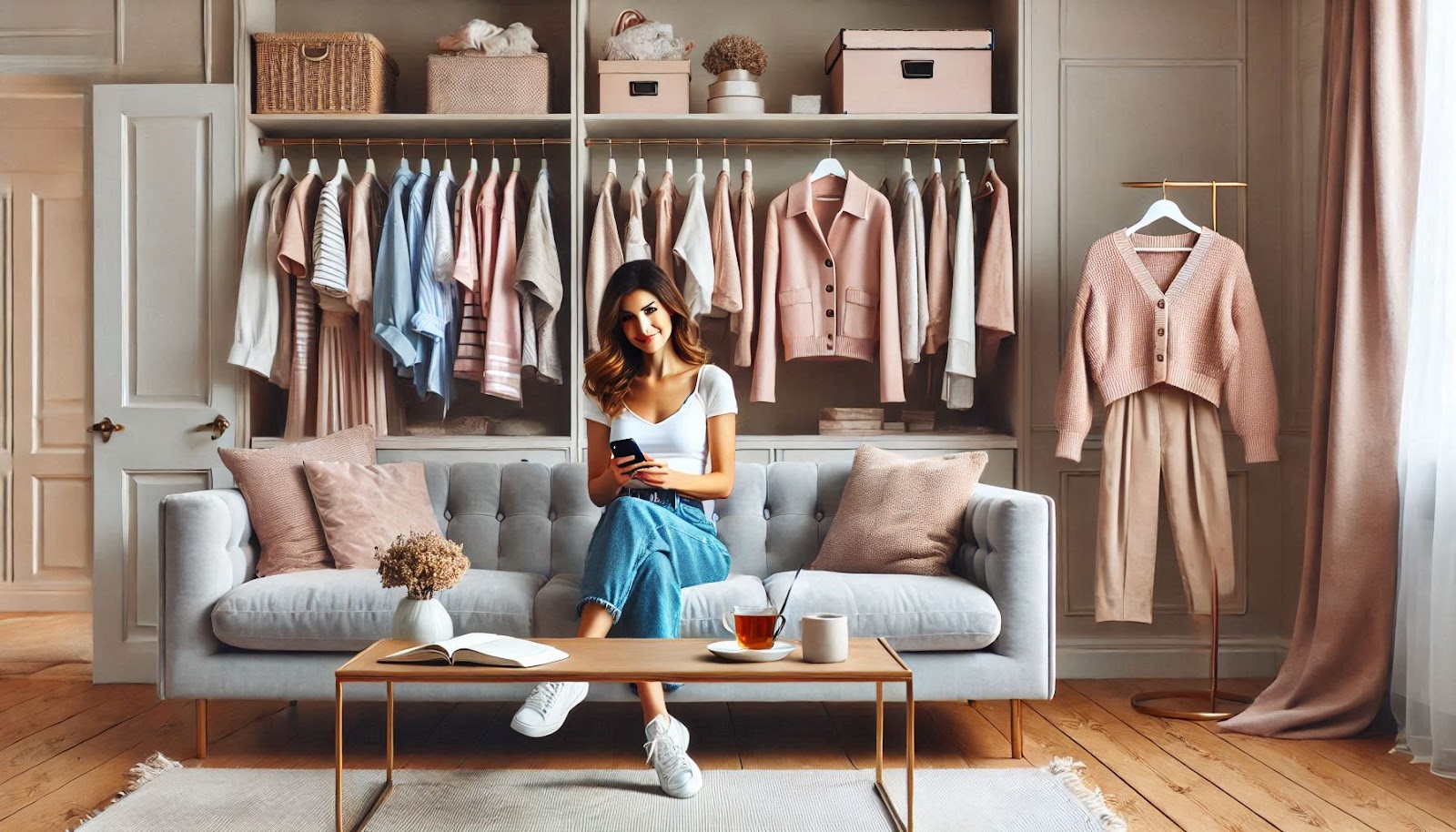In the ever-evolving landscape of luxury real estate, Dubai continues to push boundaries and redefine modern living standards. As international investors and homebuyers seek distinctive residential options in the United Arab Emirates, the demand for premium properties has reached unprecedented levels. Among the most sought-after options, a townhouse in Dubai represents the perfect balance between spacious villa living and the convenience of urban accessibility, attracting both American and Emirati buyers seeking sophisticated lifestyle solutions.
The convergence of architectural innovation and cultural heritage has transformed Dubai’s residential landscape into a tapestry of unique living spaces. These contemporary dwellings blend seamlessly with the city’s ambitious vision while offering residents an intimate connection to their community. The evolution of Dubai’s real estate market has created an environment where luxury meets functionality, and nowhere is this more evident than in the townhouse segment.
Recent market analysis reveals that Dubai’s townhouse sector has experienced a remarkable 15% appreciation in value over the past year alone, outperforming many other residential property types. This growth reflects not just the increasing demand for these versatile homes but also their ability to adapt to changing lifestyle preferences in the post-pandemic era.
As we delve deeper into the world of Dubai’s townhouse market, we’ll explore how these properties have become more than just homes – they’re lifestyle statements that reflect the city’s commitment to excellence and innovation in real estate development. From cutting-edge smart home integration to sustainable design practices, these residences are setting new standards for urban living in the Middle East.
The Renaissance of Urban Living: Dubai’s Townhouse Revolution
The transformation of Dubai’s townhouse landscape represents a remarkable shift in residential architecture and urban planning. Traditional concepts of middle eastern housing have been reimagined through a contemporary lens, resulting in homes that honor cultural heritage while embracing modern design principles. These developments have created unique living spaces that resonate with both local and international residents.
Statistical data from the Dubai Land Department shows that townhouse transactions increased by 37% in 2023, with American investors accounting for 23% of all purchases. This surge in interest has prompted developers to innovate further, introducing features like private elevators, smart home automation systems, and sustainable energy solutions that weren’t previously standard in townhouse designs.
The architectural evolution of Dubai’s townhouses has been particularly noteworthy in how it addresses the region’s climate challenges. Advanced thermal insulation technologies and strategic orientation of buildings have reduced energy consumption by up to 40% compared to conventional housing designs. These innovations have made townhouses increasingly attractive to environmentally conscious buyers from the United States and Europe.
Contemporary townhouse communities in Dubai have also pioneered the concept of “vertical gardens” and “smart shading systems,” which not only enhance the aesthetic appeal but also contribute to natural cooling. These features have resulted in a remarkable 25% reduction in air conditioning costs for residents, making these properties both environmentally and economically sustainable.
Beyond the Ordinary: Architectural Masterpieces in Community Settings
Dubai’s townhouse developments have redefined the concept of community living through innovative architectural approaches. Each project tells a unique story through its design, creating distinct neighborhoods that cater to diverse lifestyle preferences while maintaining a strong sense of cohesion and community spirit.
Recent architectural innovations have introduced the concept of “floating facades” in townhouse design, where exterior walls appear to hover above ground level, creating an illusion of lightness despite the substantial size of these homes. This design approach has garnered international recognition, with several Dubai townhouse projects winning prestigious architectural awards in 2023.
The integration of smart technology has reached new heights in these developments, with AI-powered home management systems becoming standard features. These systems can reduce energy consumption by up to 30% while providing residents with unprecedented control over their living environment. The average townhouse now includes over 50 smart features, from automated climate control to advanced security systems.
Contemporary townhouse communities have also pioneered the concept of “social architecture,” where common spaces are designed to encourage interaction while maintaining privacy. These developments typically allocate 40% of their total area to shared amenities, creating a balance between private luxury and community engagement that has become a hallmark of Dubai’s residential landscape.
Investment Horizons: The Financial Landscape of Dubai’s Townhouse Market
The investment potential of Dubai’s townhouse market has captured the attention of global investors, particularly those from the United States seeking diversification in international real estate. Market analysis reveals that townhouse investments have yielded an average annual return of 8.5% over the past five years, outperforming many traditional investment vehicles.
Recent data from real estate consultancies indicates that townhouse prices in premium Dubai locations have appreciated by 22% since 2021, with certain developments recording even higher growth rates. This appreciation has been driven by factors including infrastructure development, increasing demand from international buyers, and Dubai’s growing status as a global business hub.
The rental market for townhouses has shown remarkable resilience, with average yields ranging between 6% and 8% annually. This performance has been particularly attractive to American investors who benefit from the UAE’s tax-friendly environment and the ability to generate steady rental income in a stable currency environment.
Property management innovations have made townhouse investments increasingly accessible to international investors. Digital platforms now enable remote property management, with AI-driven systems handling everything from tenant screening to maintenance scheduling, resulting in reduced operational costs and improved returns.
Lifestyle Integration: The New Era of Townhouse Living
Modern townhouse communities in Dubai have evolved beyond mere residential spaces to become comprehensive lifestyle environments. These developments integrate work, leisure, and living spaces in ways that reflect the changing nature of contemporary life, particularly appealing to professionals from both the UAE and United States.
The introduction of dedicated co-working spaces within townhouse communities has responded to the global shift toward remote work. These facilities, equipped with high-speed internet and professional amenities, have become increasingly valuable, with usage rates increasing by 180% since 2020.
Health and wellness features have become central to townhouse community design, with developments incorporating professional-grade fitness centers, meditation gardens, and wellness spas. These amenities have shown to increase property values by up to 15% while providing residents with convenient access to lifestyle essentials.
The integration of retail and dining options within walking distance has created self-sustained communities that reduce dependency on vehicle transportation. Studies show that residents of these integrated communities report 40% higher satisfaction rates compared to traditional residential developments.

Sustainability and Innovation: Green Living in the Desert
Dubai’s townhouse sector has emerged as a leader in sustainable urban development, implementing innovative solutions that address environmental challenges while maintaining luxury standards. These initiatives have resonated particularly well with environmentally conscious buyers from the United States and Europe.
Advanced water recycling systems in modern townhouse developments can reduce water consumption by up to 40% compared to traditional homes. These systems integrate smart irrigation for landscaping with greywater recycling for non-potable uses, setting new standards for resource efficiency in desert environments.
Solar integration has become increasingly sophisticated, with the latest townhouse developments featuring building-integrated photovoltaics that can generate up to 60% of a home’s energy requirements. This technology has been particularly successful in Dubai’s climate, where average sun exposure exceeds 8 hours daily.
Innovative construction materials and techniques have resulted in buildings that are both more sustainable and more comfortable. The use of thermal blocks and smart glass can reduce indoor temperature fluctuations by up to 5 degrees Celsius, significantly reducing energy consumption while maintaining comfort levels.
Cultural Fusion: Where East Meets West in Modern Living
The design and functionality of Dubai’s townhouses reflect a unique fusion of cultural elements that appeal to both Middle Eastern and Western sensibilities. This cultural integration has created living spaces that feel both familiar and exotic to international residents, particularly those from the United States.
Modern townhouse designs incorporate traditional Middle Eastern architectural elements such as mashrabiya patterns and courtyard concepts while adapting them to contemporary lifestyle needs. This fusion has resulted in homes that offer privacy and cultural sensitivity while maintaining modern convenience and style.
The integration of smart home technology with traditional design elements has created unique living experiences that respect cultural preferences while embracing innovation. Features like automated privacy screens and climate-controlled outdoor spaces allow residents to maintain traditional lifestyle elements while enjoying modern comforts.
Community spaces within townhouse developments have been designed to accommodate both Western and Middle Eastern social customs, with flexible spaces that can be adapted for various cultural events and gatherings. This adaptability has contributed to the creation of truly multicultural communities that celebrate diversity while maintaining cultural authenticity.
